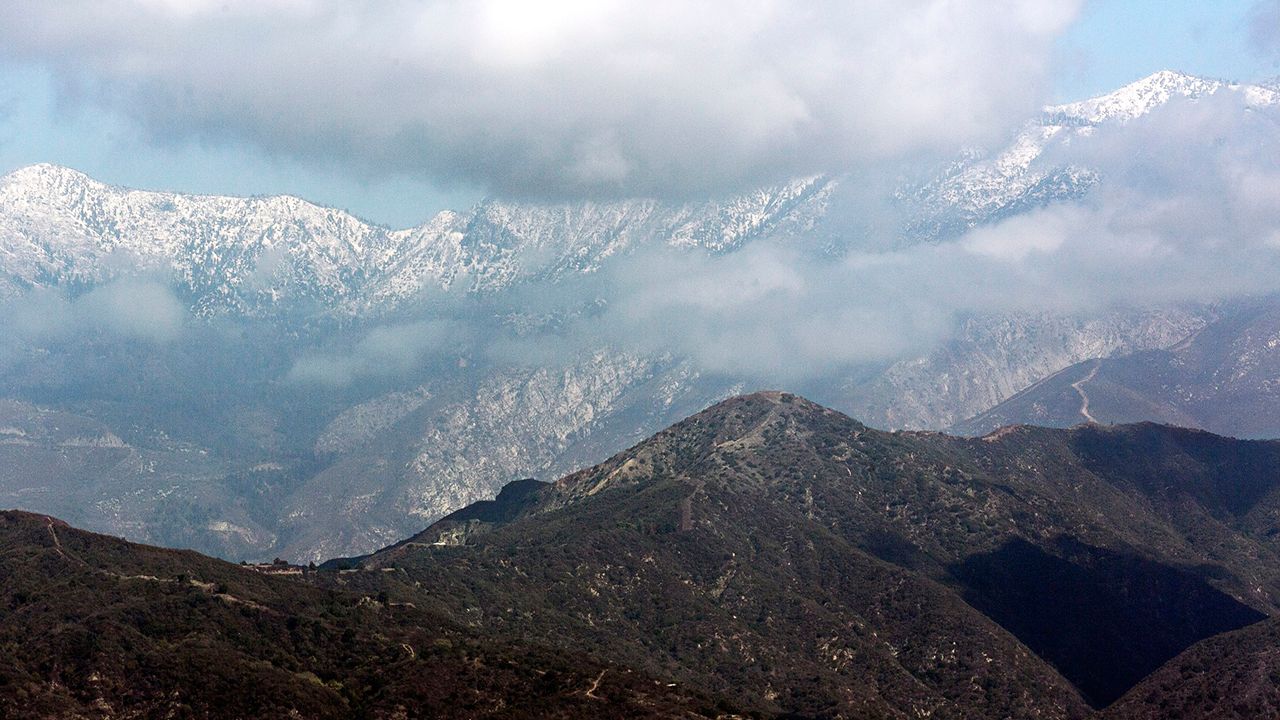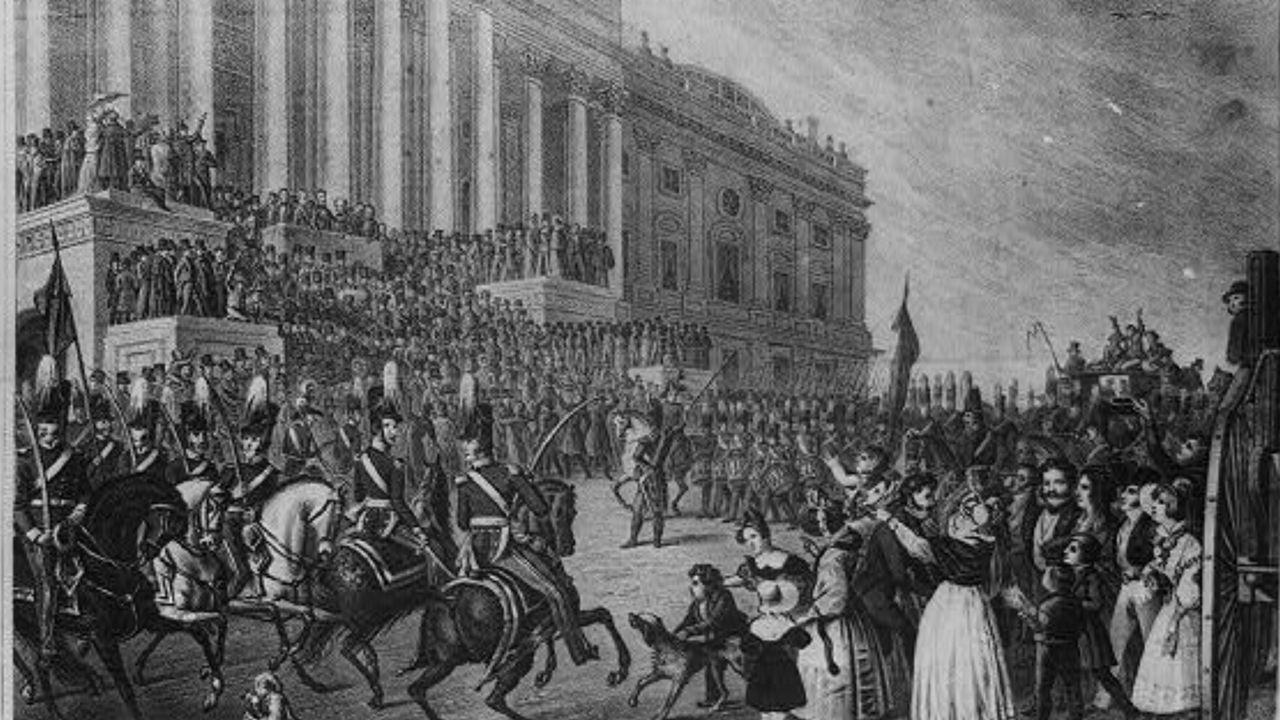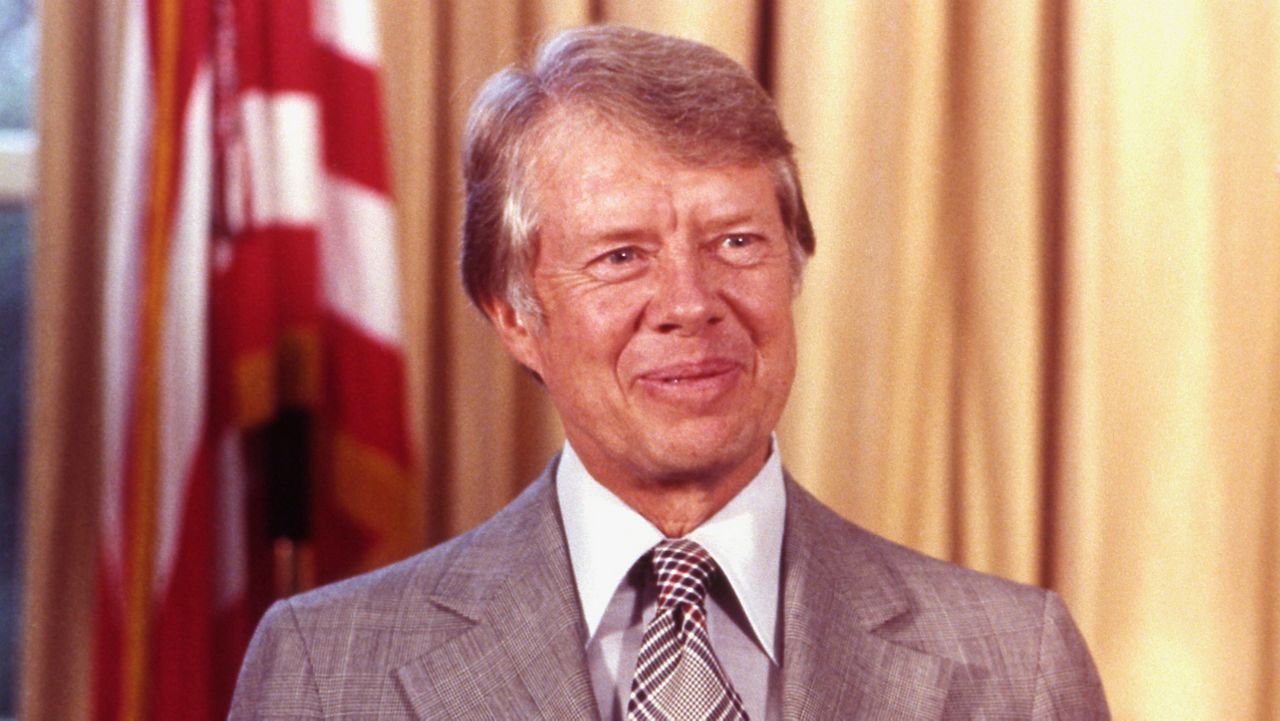OCONTO FALLS, Wis. — On a hot May morning, Garrett Lubbers is going about his daily routine.
He’s checking his truck and gear to make sure it’s in good working order so he can respond quickly if called to a fire.
What You Need To Know
- Parts of Wisconsin faced a huge threat for wildfires this week
- The Wisconsin Department of Natural Resources has rangers and technicians around the state trained in fighting wildfires
- The heart of the spring fire seasons run through Memorial Day
“I’m not going to lie, the pager tone is pretty high pitched so it definitely gets your blood pumping,” Wisconsin Department of Natural Resources forest ranger and firefighter Garrett Lubbers said. “I usually come to the truck, take a couple of deep breaths before I get in and then take a look at the map to figure out where I’m going.”
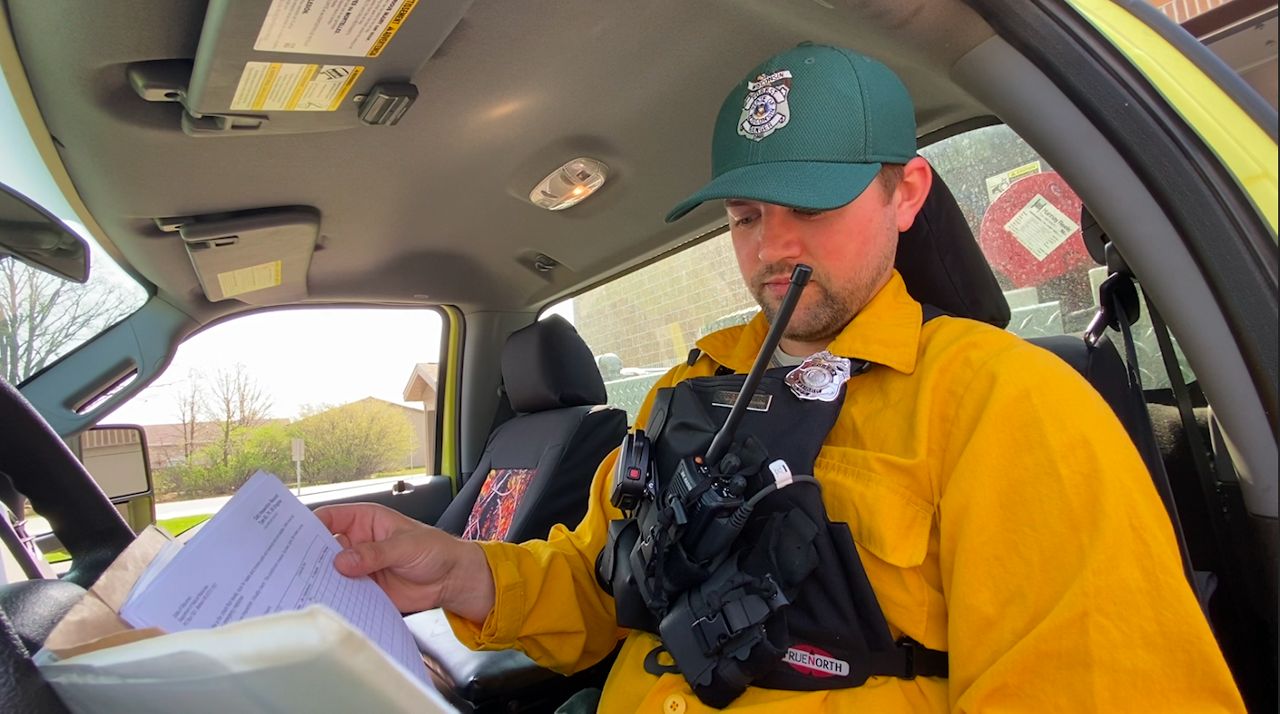
Based in Oconto Falls, Lubbers and other DNR crews in the state faced an elevated risk of wildfires earlier this week.
“There was hot, dry, weather and we haven’t had decent rain fall in a week-and-half to two weeks,” Lubber said. “We were kind of busy last week. We probably ran half a dozen fires in the county.”
DNR firefighters work closely with local fire departments when they spring into action. The main goal is a quick response aimed at keeping small fires just that — small.
One of the key pieces of equipment DNR crews bring to firefighting efforts are bulldozers. Forestry Technician Darrek Sams operates the one based in Oconto Falls.
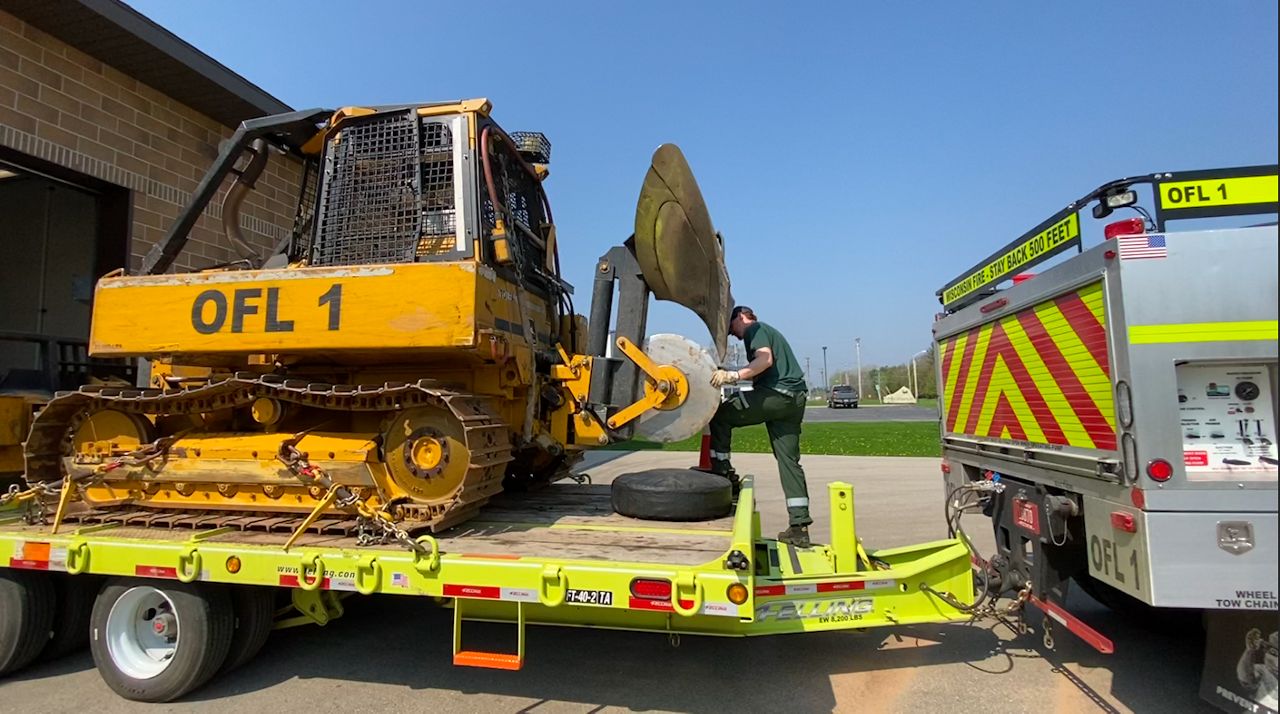
“We have water on all of our equipment but really we like to fight fire with dirt,” he said while doing his morning checks. “We want to create a break in the the fuel for that fire to burn up to and really put itself out. We’re really containing the fire rather than extinguishing it.”
Sams said he found a passion for fire fighting while working a seasonal wildland firefighting job in Montana a few years back.
“I liked the fast-paced atmosphere, the problem solving aspect of it and just the satisfaction you get from knowing that your skills and your knowledge helped prevent that incident from getting any worse than it already was,” he said.
For Lubbers, one of the highlights of the job is working with local fire departments, both at a fire scene and through training.
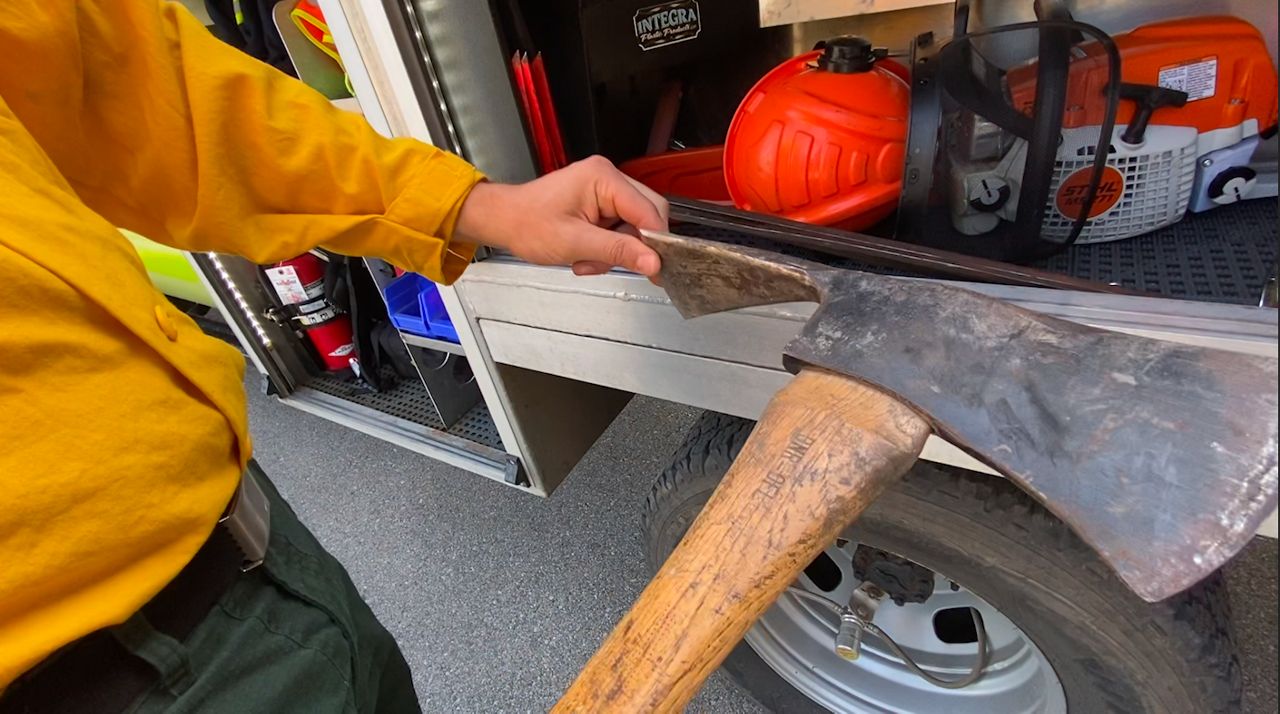
“Every fire and scene you go on it’s different. You’re not going to have the same situation twice in a short time frame,” he said. “It’s challenging, and it definitely tests your limits, but we have really good folks that work in this field.”
The heart of the spring fire season runs through the end of May. But as Lubbers and Sams know, wildfires aren’t always constrained by dates on a calendar.







